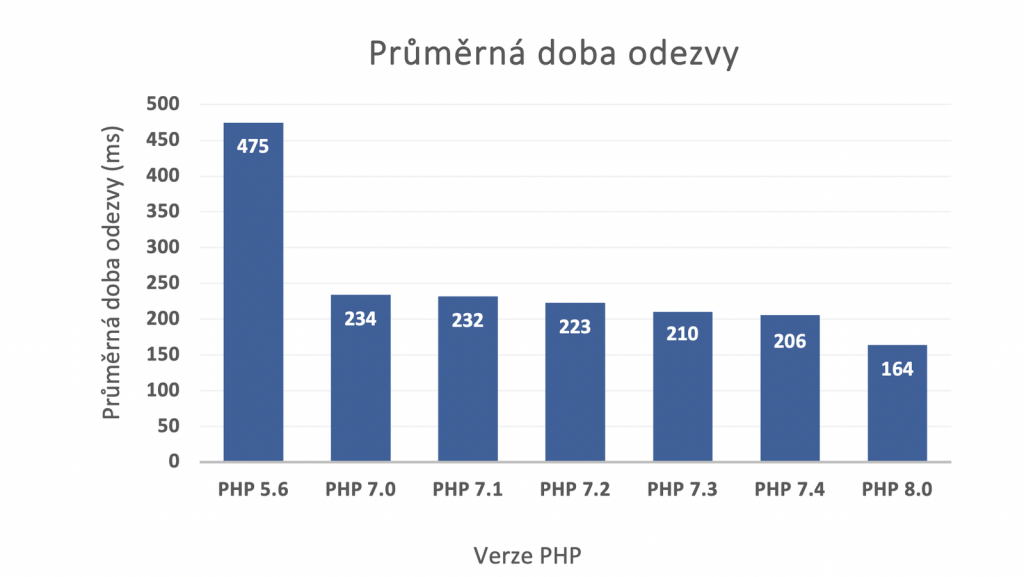Everything is speeding up. Many people want to have the most important information as quickly as possible and to get it without unnecessary waiting. Speed is especially expected these days when browsing websites. Poor performance and slow loading times lead to an increase in the bounce rate. In today’s article, you can learn how to help speed up your website in WordPress.
Why Is Website Performance Important?
Google recommends 5 seconds or less as the most optimal loading speed for 3G connections. If your loading time goes from 1 second to 3, the likelihood of bounce rate increases by 32 %. If your site takes 1 second to load, it increases by up to 123 %! According to a Google analysis (2018), mobile sites take up to 15 seconds to load on average! Website speed affects nearly 70 % of consumers. The probability of making a purchase increases with website performance. If your website is slow, you’re losing customers and lowering your conversion rate. Your website speed is also a very significant SEO factor. That’s why we always try to keep an eye on the speed and performance when creating a website in WordPress, and we do everything we can to optimize it properly without using too many plugins.You can get an objective overview of your website speed using various tools. We recommend Google PageSpeed Insights, but there are many others such as GTmetrix or WebPageTest. Let’s take a look at some of the ways in which we improve website performance and optimize it.
How to increase the performance of websites
1. Less Ads
A large number of ads can be detrimental to your website, as ads load JavaScript, CSS and media, which can greatly slow down the page and also degrade the user experience.
2. Divide Long Pages
Long pages slow down the loading of the site.
- If one of your web pages has too much content, it might be better to divide it into several pages.
- Also keep length in mind when writing articles for your blog. Sometimes it’s better to split an article into multiple articles, which will also help speed up your site.
3. Latest Versions of WordPress, Plugins and PHP
WordPress plugin developers are constantly working on improvements, so it’s a beneficial to update them regularly. The PHP version also has a big impact on the performance of a WordPress website. Cloudways published the results of their benchmarking test, which measured site performance improvement from PHP version 5.6 to 8.0. The graph below shows that performance is continuously improving. Compared to the current PHP 8.0 with the fastest load time of 164 ms, PHP 5.6 came out almost 3 times slower.

4. Caching
Preload and prepares page content to minimize calculating and loading from the database when accessing the page. The user receives a preloaded version when the page is loaded, which can increase the loading time of the site by up to several times. In order to be able to resolve data requests faster in the future, caching stores this data. A Caching plugin should definitely be partof every production site because it will give you a huge increase of site performance. For our WordPress clients, we set up Redis Cache, which enables caching using an in-memory database.
5. CDN (Content Delivery Network)
- This is a specific group of servers that are geographically closer to your visitors, thus reducing the response time when the page loads.
- Once the CDN is set up, your content (images, videos…) is cached on proxy servers and loaded from a server closer to your visitor’s location, which reduces response time and increases the speed of loading.
- For our clients, we use the Cloudfare CDN service, which we set up for them and which is standard for all the sites we manage.
6. Quality Hosting
If you think that you have tried everything to speed up your website, but you are still not getting the expected results, you should consider a new hosting provider. At Zeni, we can offer you hosting that will make your website faster. We can also help with speeding up your site and increasing your traffic. Get in touch and we’ll be happy to help.


